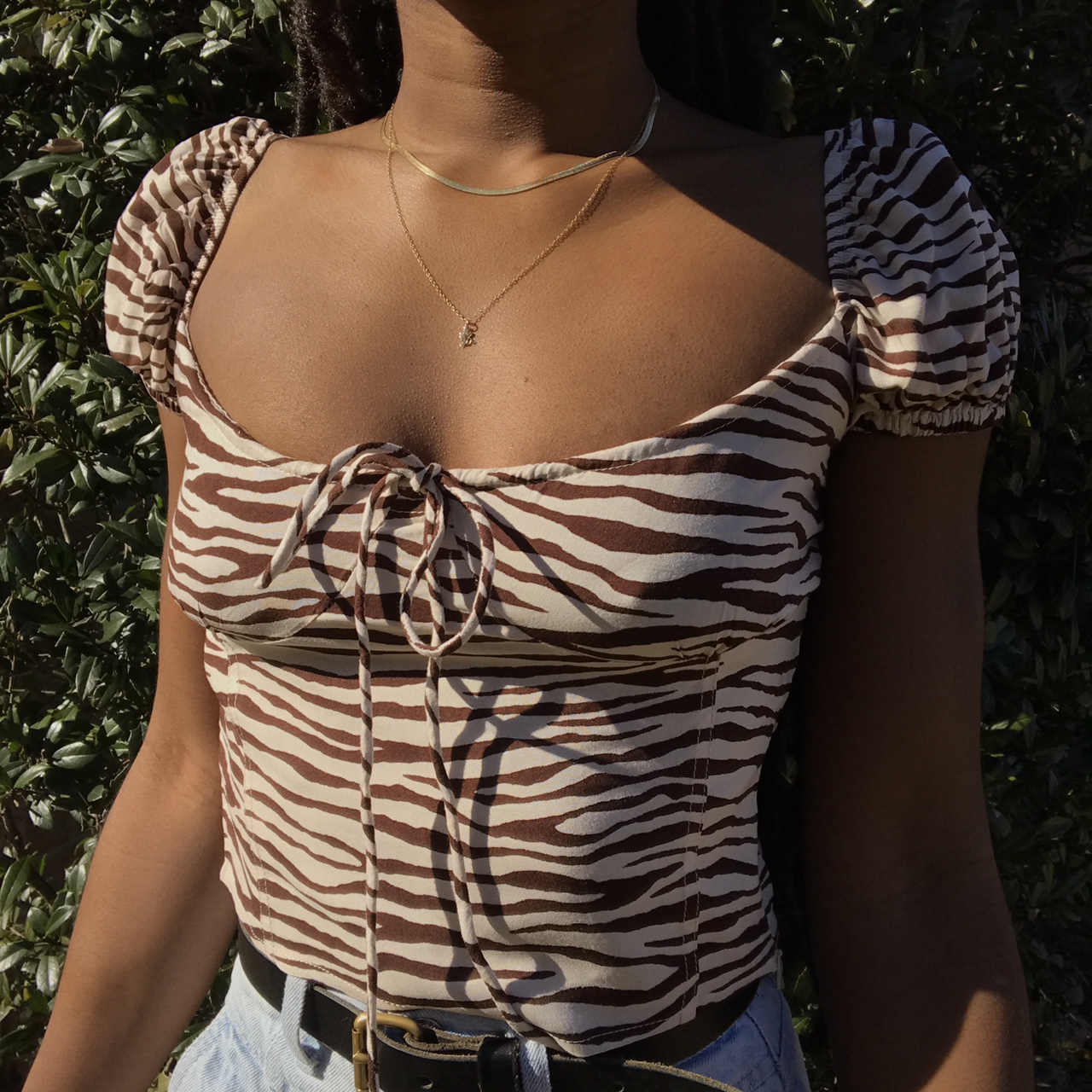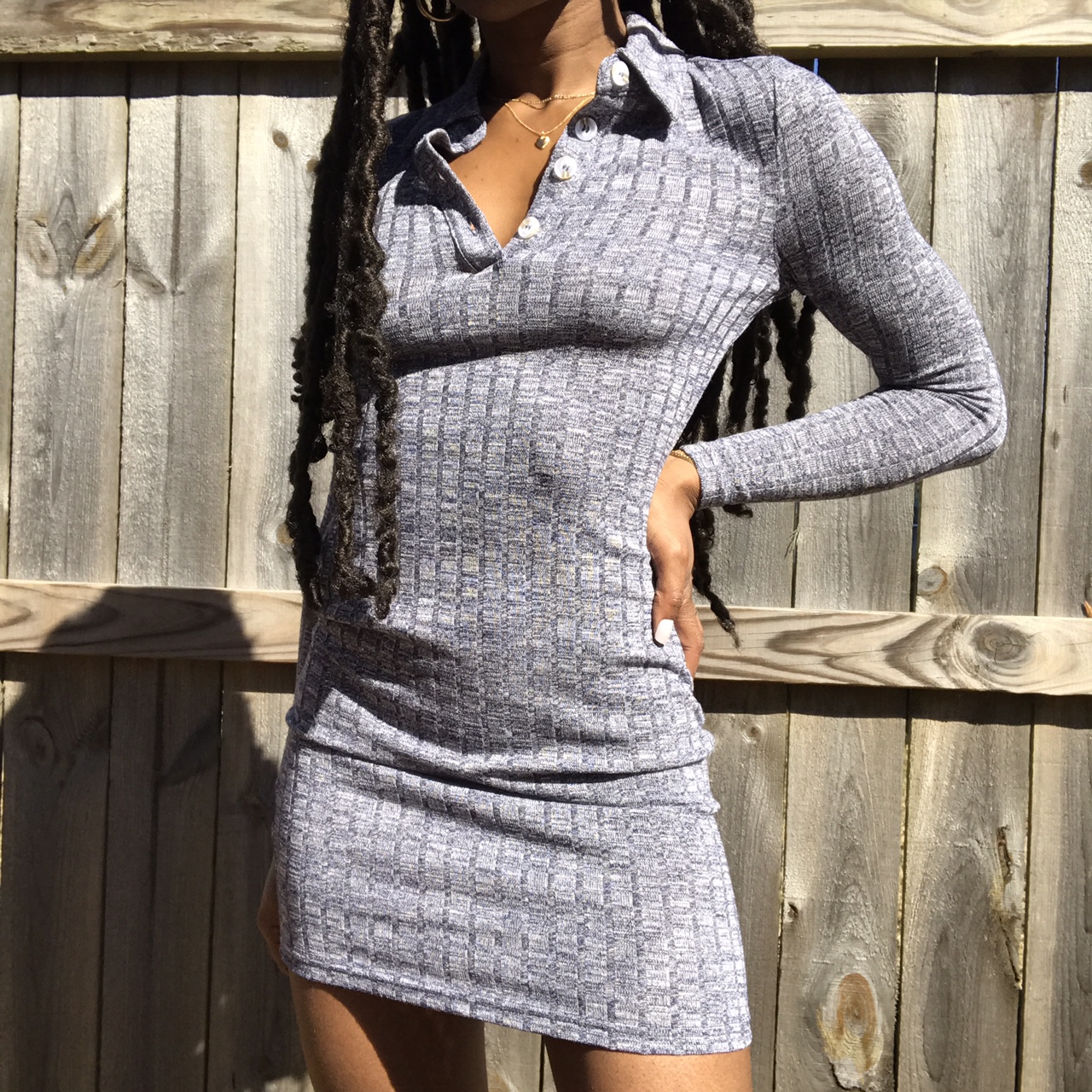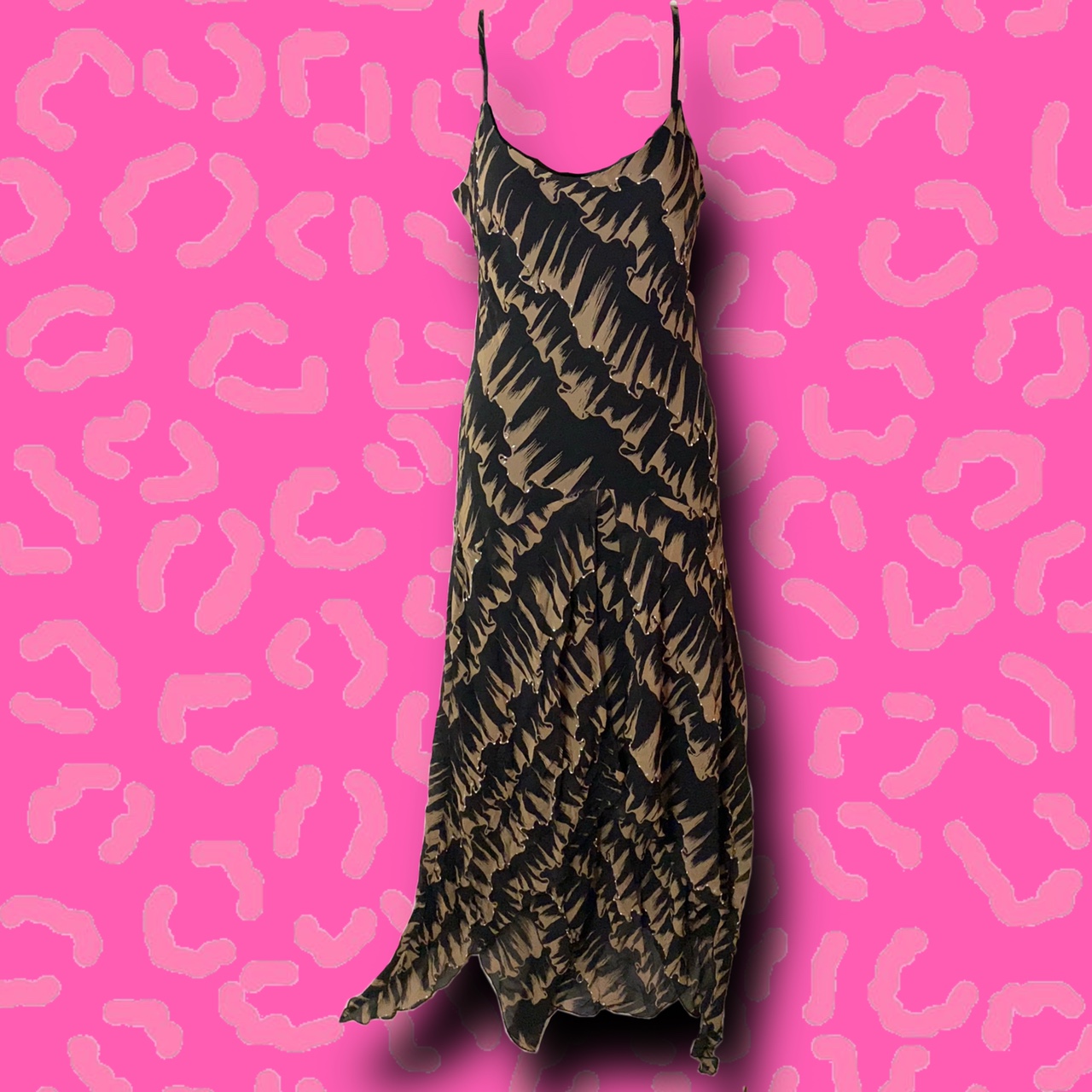Major Retailers Are Standing Up to Support Black-Owned Brands—Here's How
At the risk of stating the obvious, large retailers have a large influence. Their audiences are massive, they have the ability to skyrocket brand awareness, and sell products in high volumes. The chance for a small business owner to get that exposure could change everything for an emerging brand. So when we started getting pitches from the likes of Nordstrom and Madewell about championing Black designers and store-owners for Black History Month, we wanted to be part of spreading the word. And this is the part where you and your buying power come in, lovely reader. Large retailers have entire teams dedicated to tracking how well items and brands sell. It informs their buyers' future decisions about which brands to carry and what quantity to buy.
Accordingly, if items like the ones featured in this story sell out like mad, you're sending the message to these retailers to invest in Black designers and to do so beyond a designated cultural month. To put it simply, by shopping these picks, you can be part of changing the retail landscape to be more inclusive, and, of course, get some new awesome clothes in the mean time. Win-win.
Madewell
Last year, Madewell committed to Aurora James's 15% Pledge, which calls on large retailers to stock a minimum of 15% Black-owned brands. This Black History Month, Madewell highlighted some of James's favorite brands that they stock, including Columbus, Ohio-based Lolly Lolly ceramics (heads up: they sell out lightning fast, otherwise we would have included them in this roundup) and Peak + Valley's wellness blends.
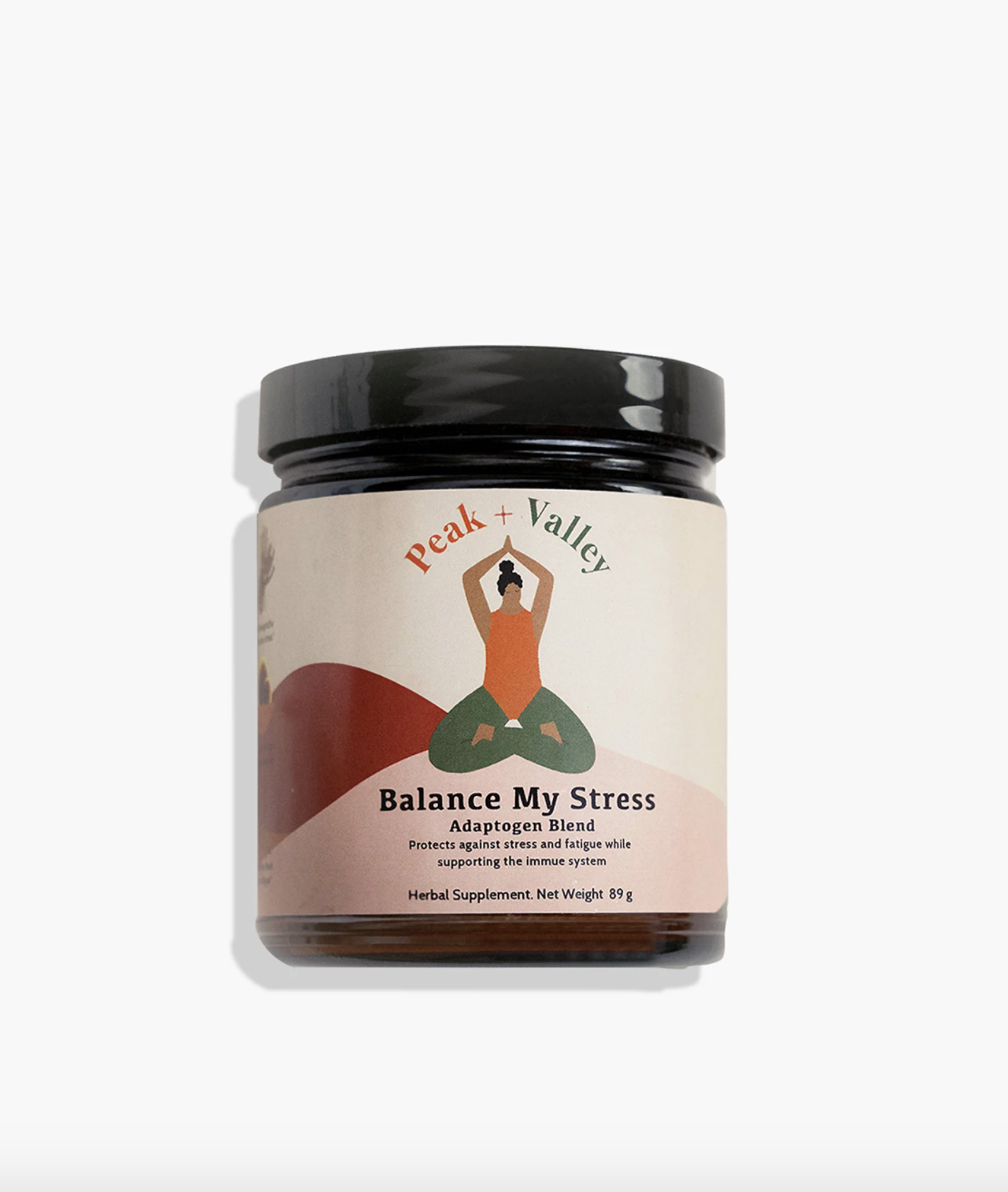
This Seattle-based brand is all about the science behind natural wellness ingredients like adaptogens (herbs and mushrooms) that are proven to help protect against stress and strengthen the immune system. Stir into smoothies, coffee, or tea, and let the stress-soothing properties go to work.
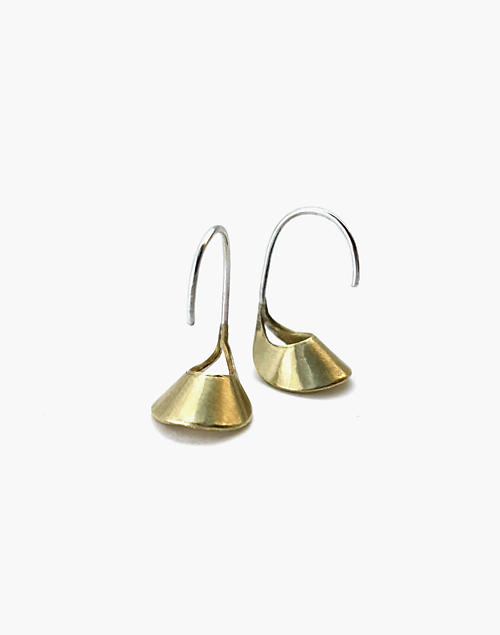
These architectural beauties were inspired by nature and can be work facing either direction. We love a versatile jewelry pick.
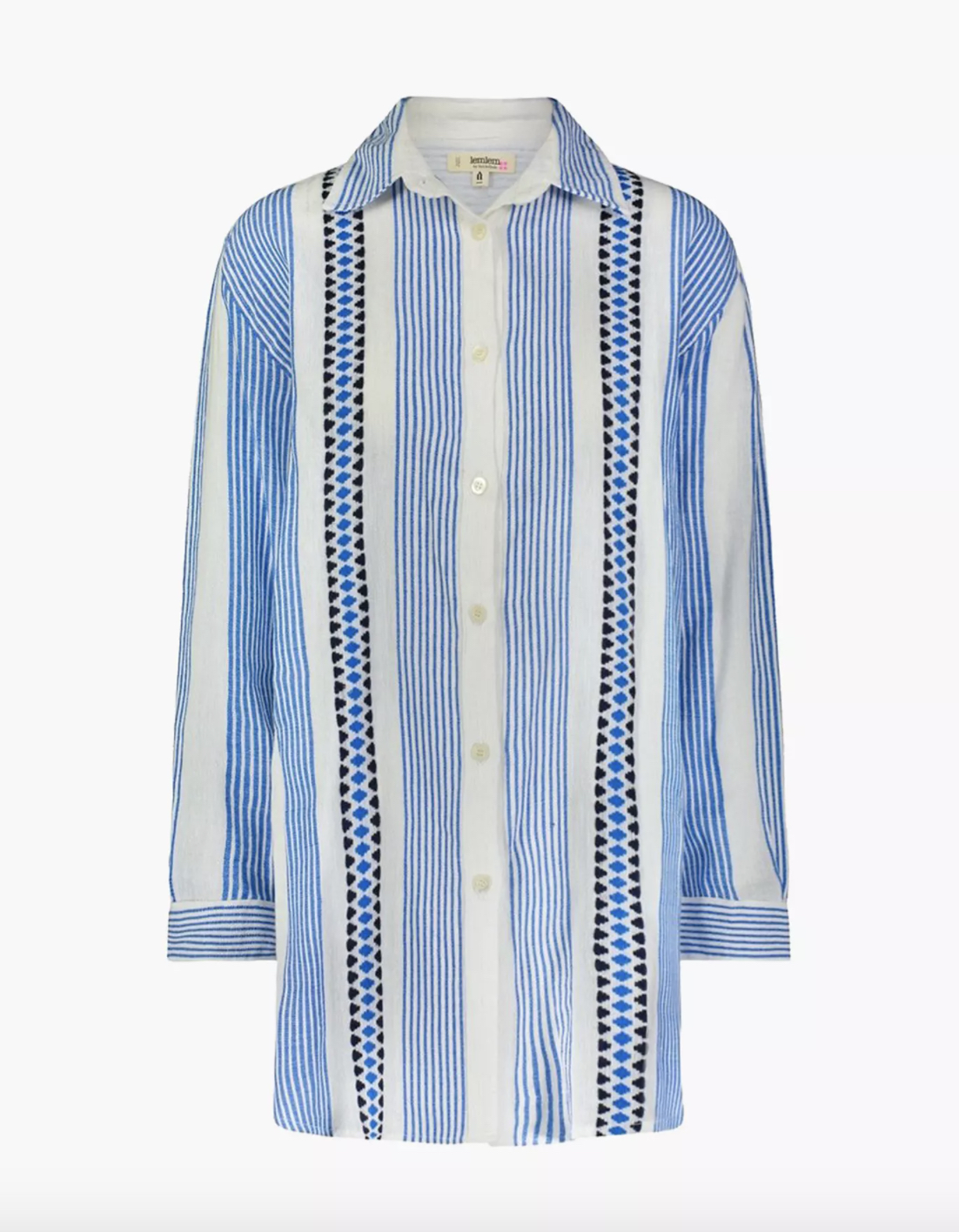
Supermodel Liya Kebede's line has been around for over a decade, and we can see why. Traditional African weaving techniques are used to create the timeless and laid-back garments.
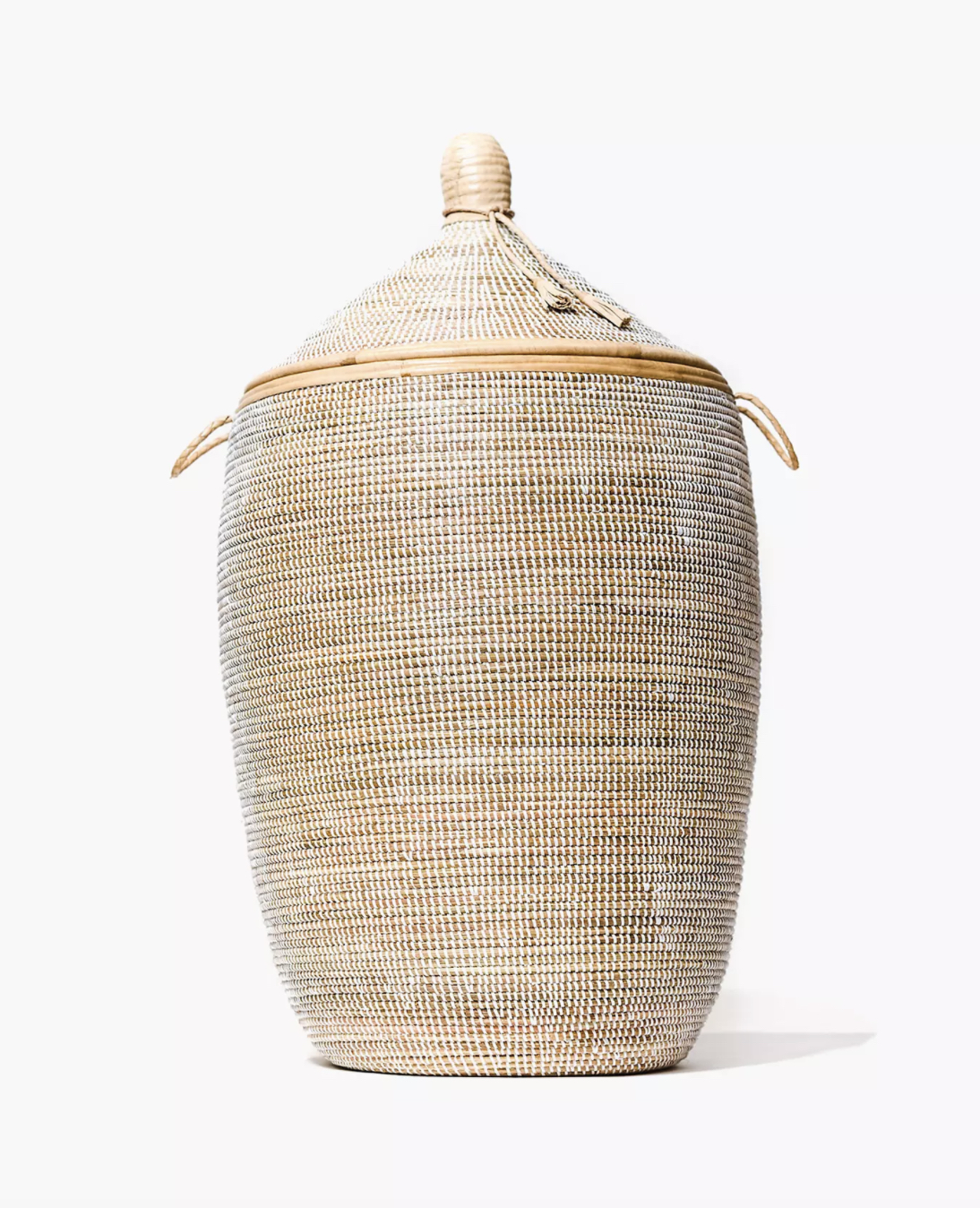
There is so much to love about these handwoven baskets. Sengalese artisans make them using recycled materials using a traditional technique called "coiling" that takes eight days. Use them as a chic place to store blankets or pillows.
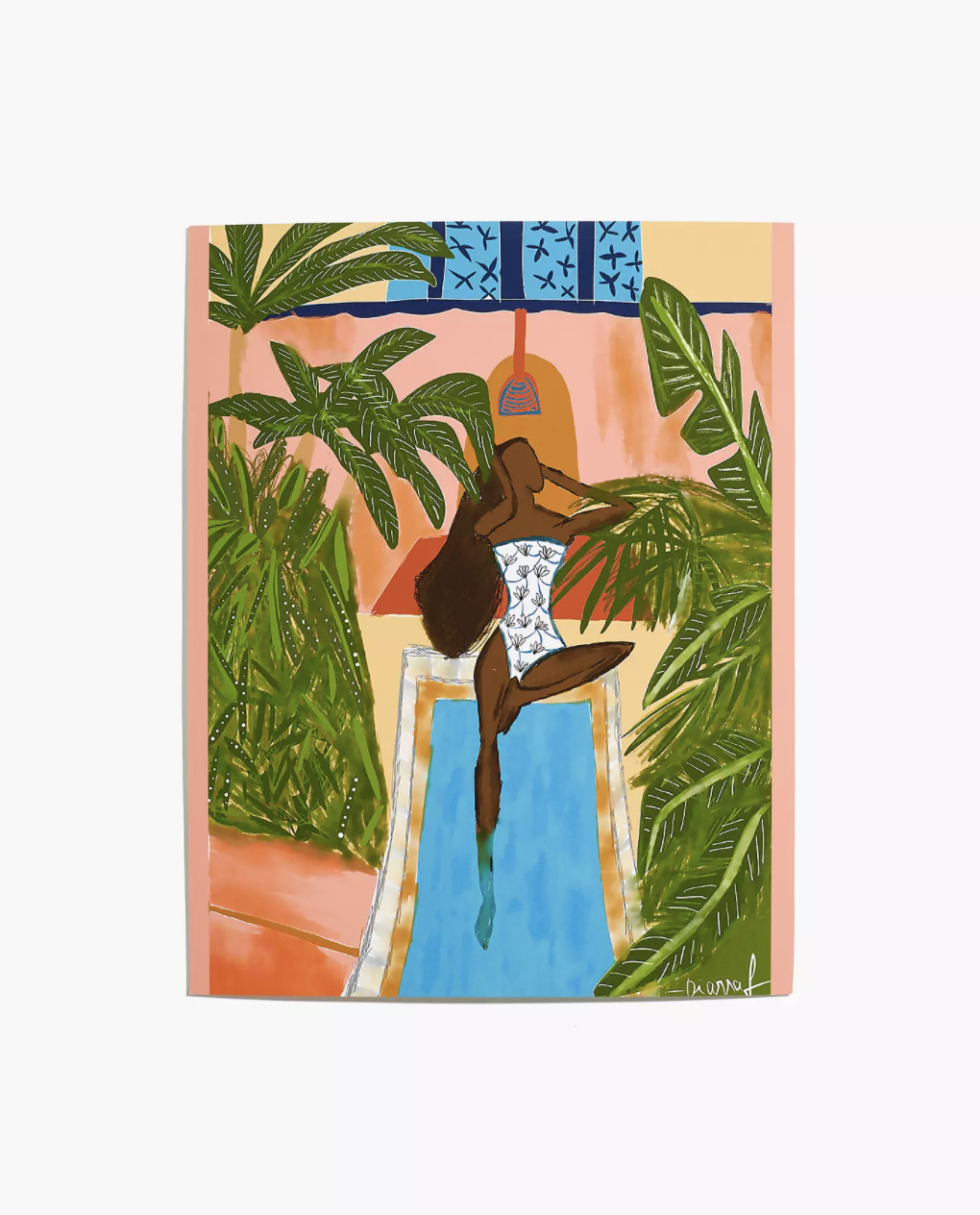
If you're dreaming of travel, let this print mentally transport you to Marrakech. The California-based artist, Diarra Bousso is inspired by bold colors and magical destinations. We can see why Madewell named this piece a best-seller.
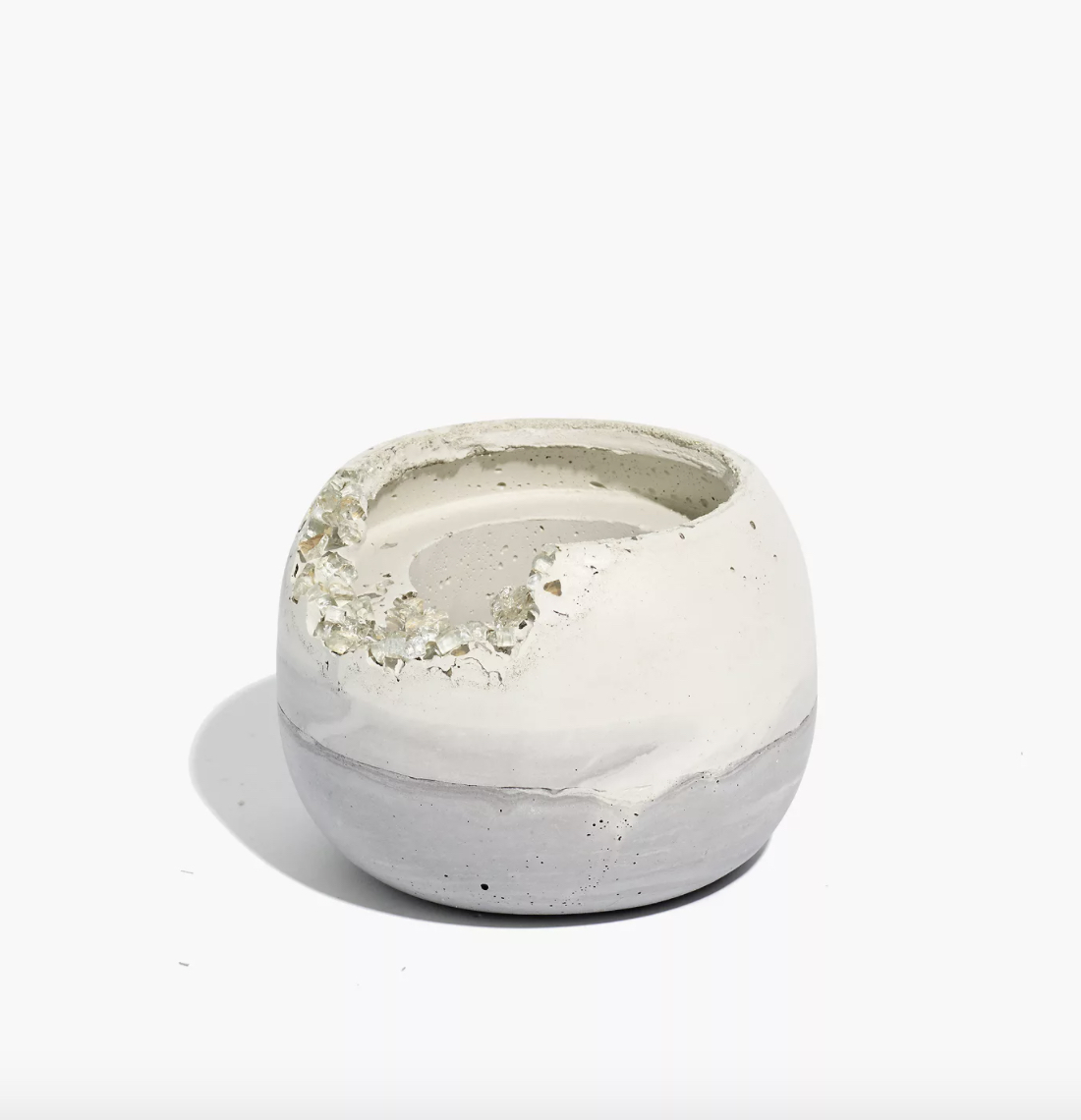
Austin-based artist Sarah Miller creates these gorgeous hand-dyed cement pieces. If you look closely, you can see a family of crystals adorning the edge. Each piece is different, which makes us love them that much more. This would be the perfect gift for a friend moving into a new home.
Depop
This Black History Month, Depop is amplifying its Black sellers by highlighting their shops through the app and on social with the hashtag #BlackonDepop. In partnership with the Black in Fashion Council, Depop is also tapping fashion industry professionals like Lindsay Peoples Wagner and LaQaun Smith for a virtual content series on entrepreneurship and how to grow your business.
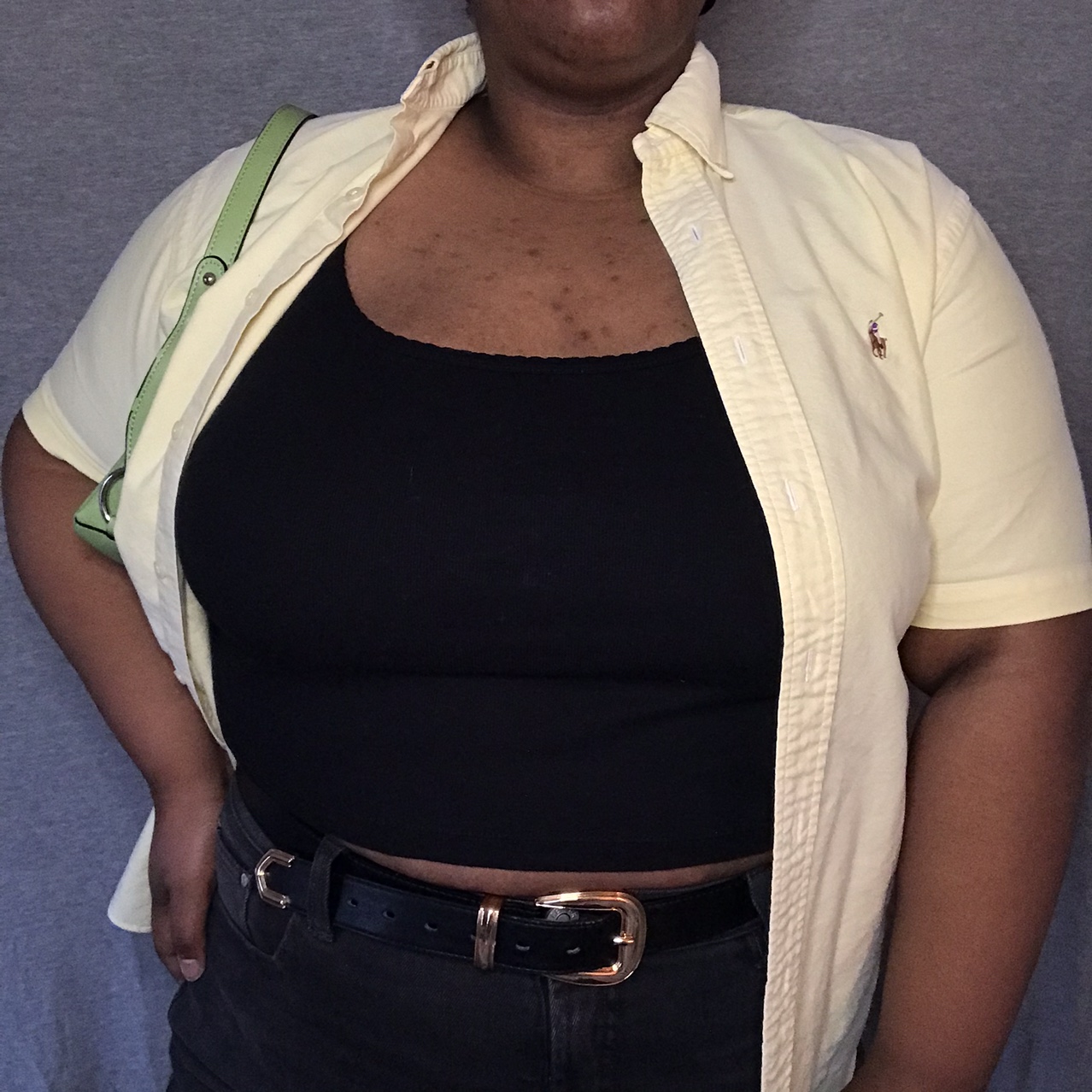
This buttery yellow is just what your closet needs for spring.
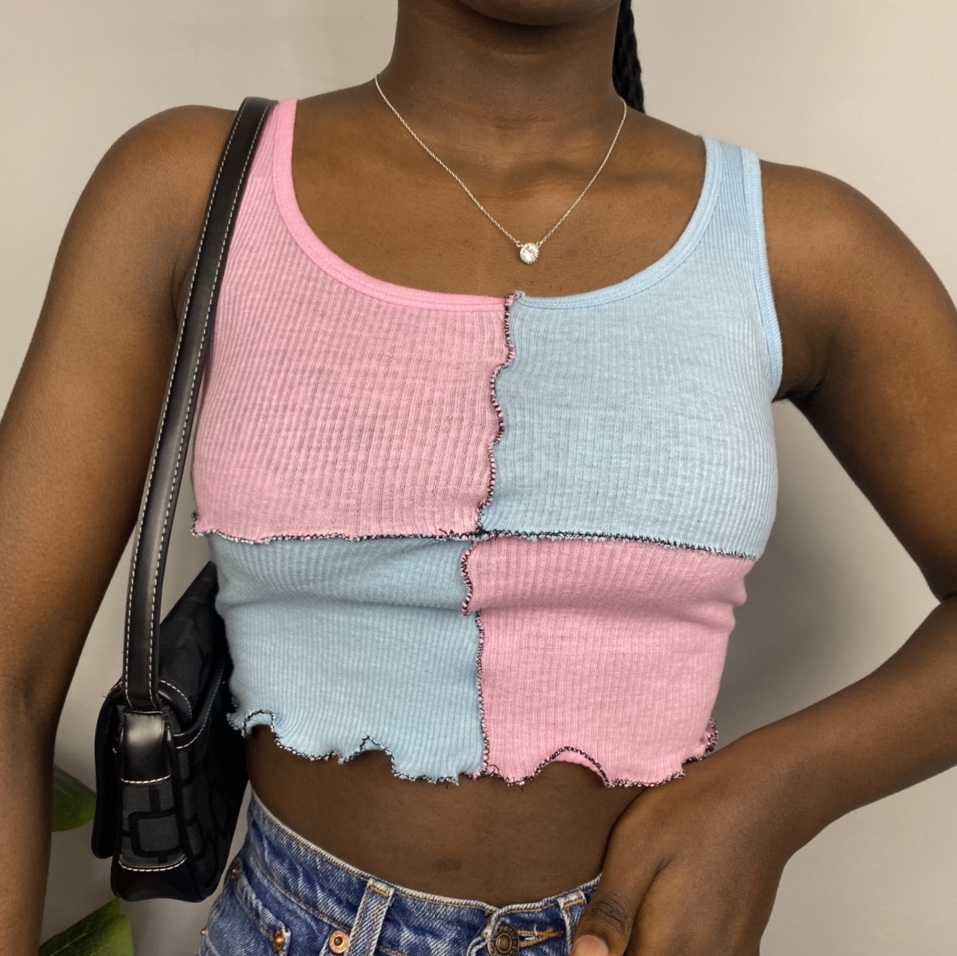
A statement tank if there ever was one. This seller makes this top in other color combos, too.
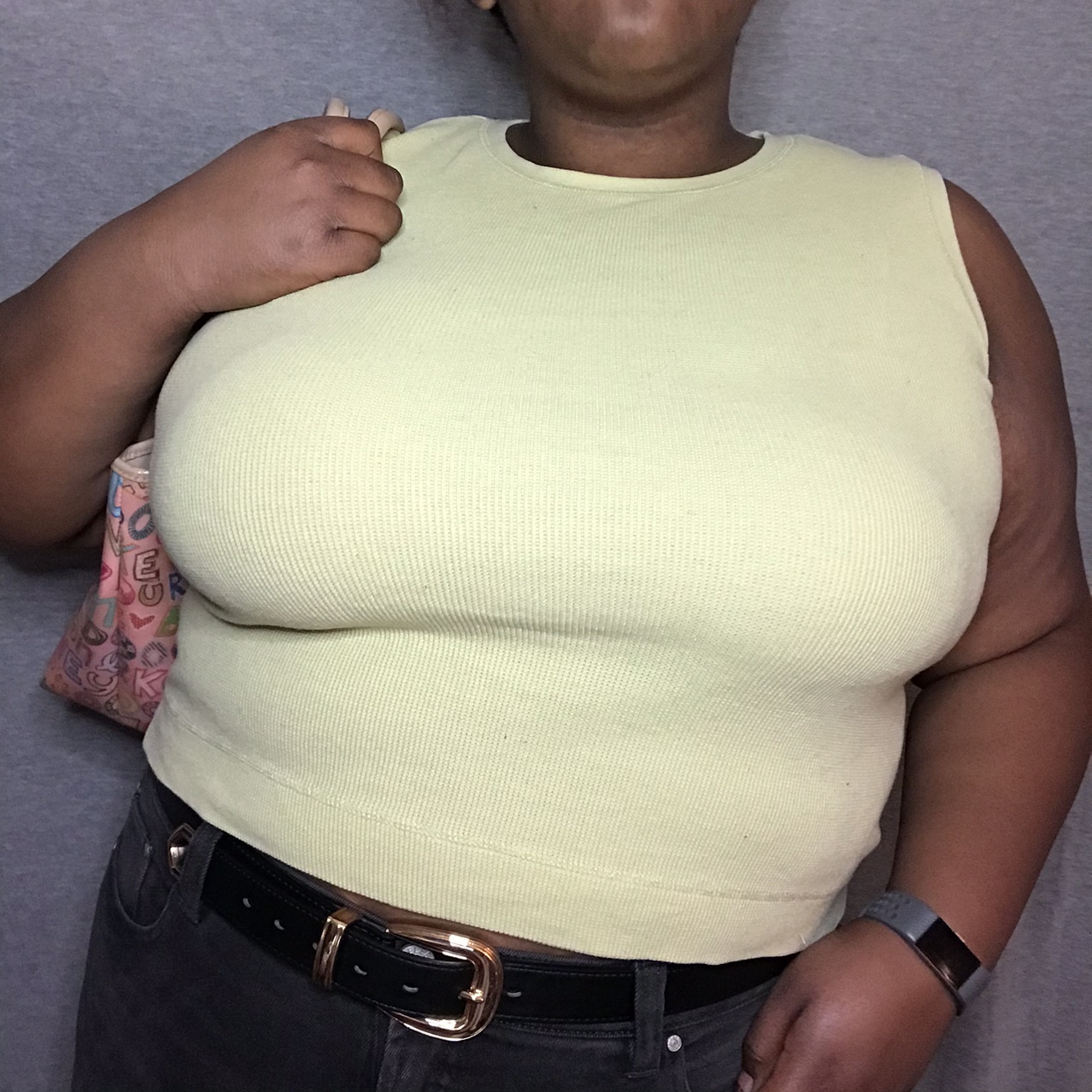
That shade of light green that almost yellow, but not, is another favorite color right now.
Forever 21
Forever 21 partnered with three artists on limited edition capsule collections. One of the artists, Stormy Nesbit, whose work was chosen to run in an essay by Kamala Harris, shared a bit about the collaboration: "Forever21 created a space for Black creatives like myself to really have a hands on approach from start-to-finish. F21 allowed me to be fully immersed, and to create from my heart, and present my most authentic self without any reservations."
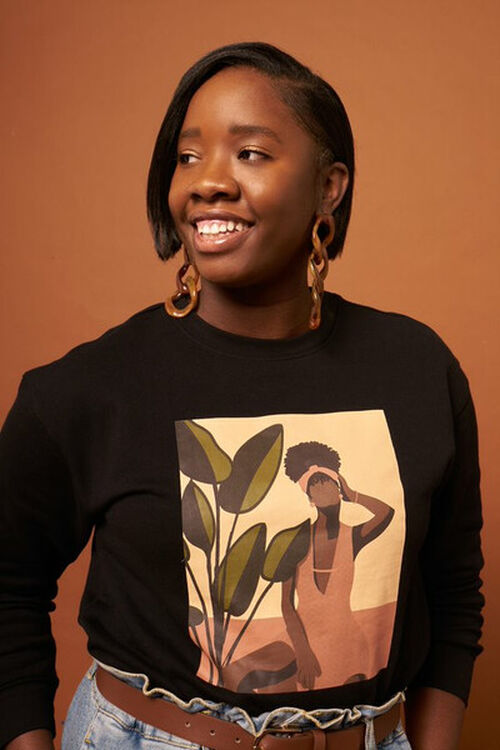
Nesbit is Phoenix-based and aims to express the beauty and strength of American's Black communities with her work.
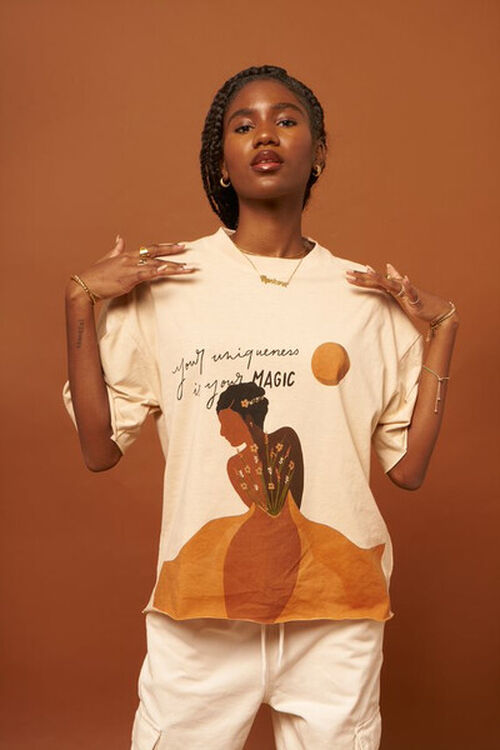
This graphic tee proclaims, "Your uniqueness is your magic." A sentiment worth getting behind.
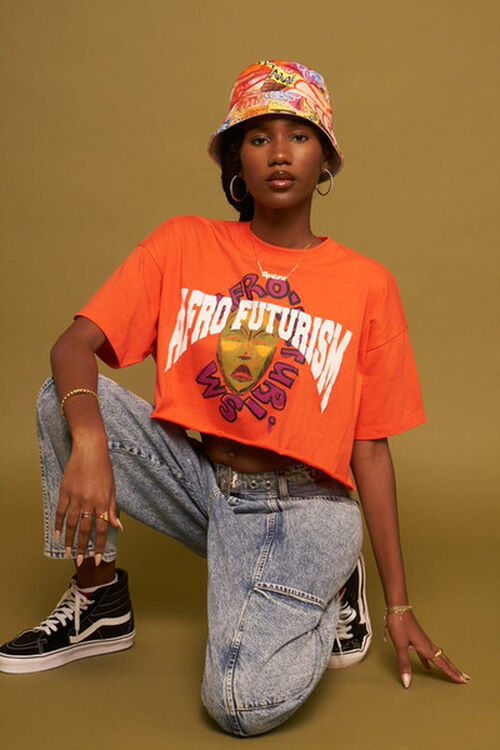
Walker's vibrant pieces pay tribute to cultural movements of the past in a completely modern way.
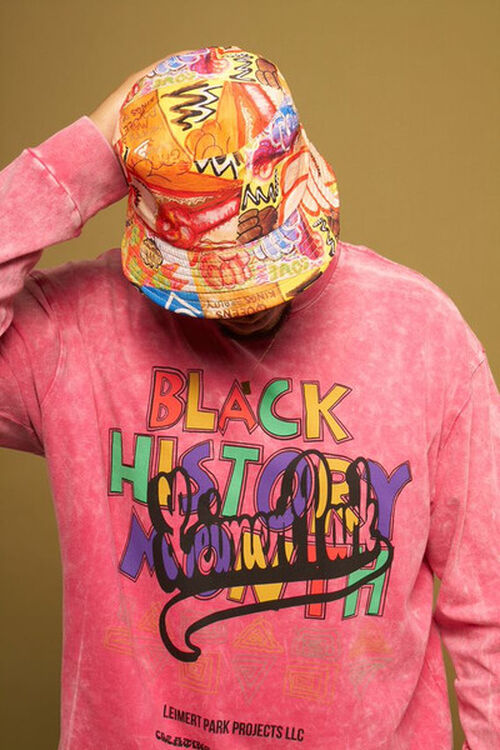
Walker is from South Central L.A. and pays homage to his roots with this Leimart Park Black History Month sweater.
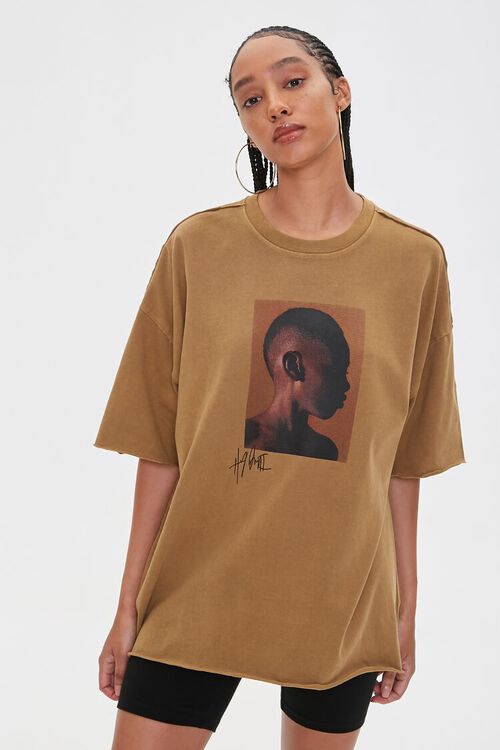
Jones was raised in Pasadena, California, and often uses imagery of his children in his photography, as shown here.
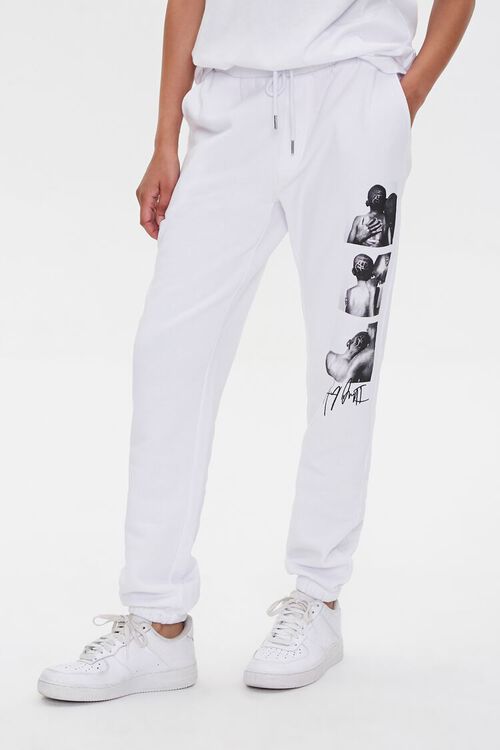
At this point in the pandemic, you likely have a pair of sweatpants, but we'd like to bet you don't have a pair featuring a series of beautiful photographs.
Nordstrom
Nordstrom NYC will host a two-month long pop-up called Black Founders, which will feature eight Black-owned companies, many of which are new to Nordstroms brand roster. The immersive space is designed to give shoppers a glimpse into the stories and people behind the brands. All the brands will also be shoppable online, for those outside the NYC area.
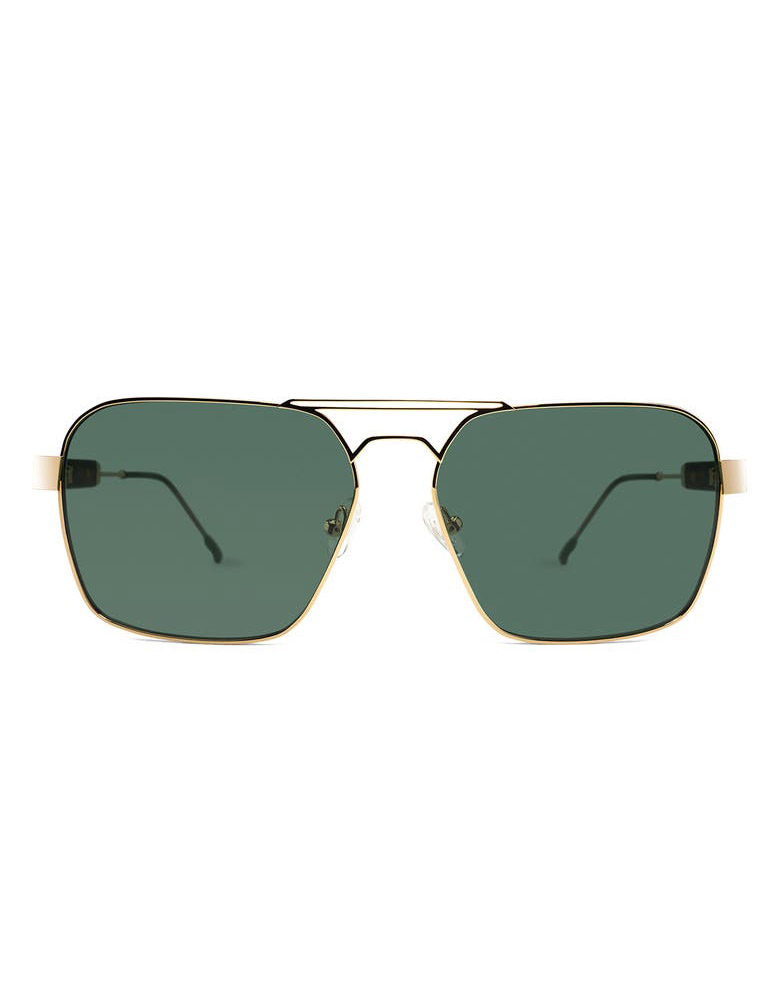
Coco and Breezy was started by a couple of sisters who are so stylish, you must check out their Instagram. They also happen to be DJs if you needed more evidence of their coolness.
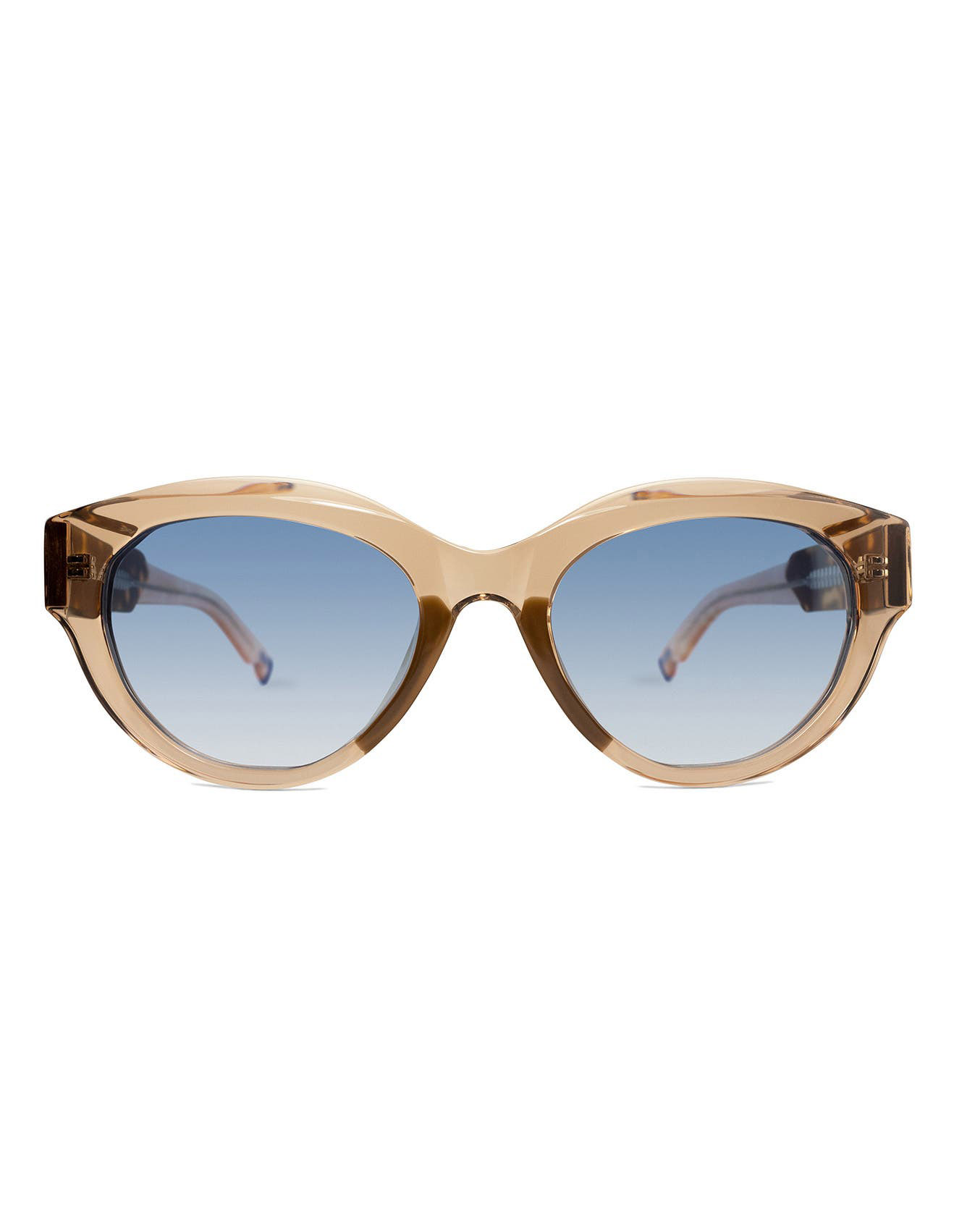
The blue lens plus the ginger ale frame is a match made in fashion heaven.
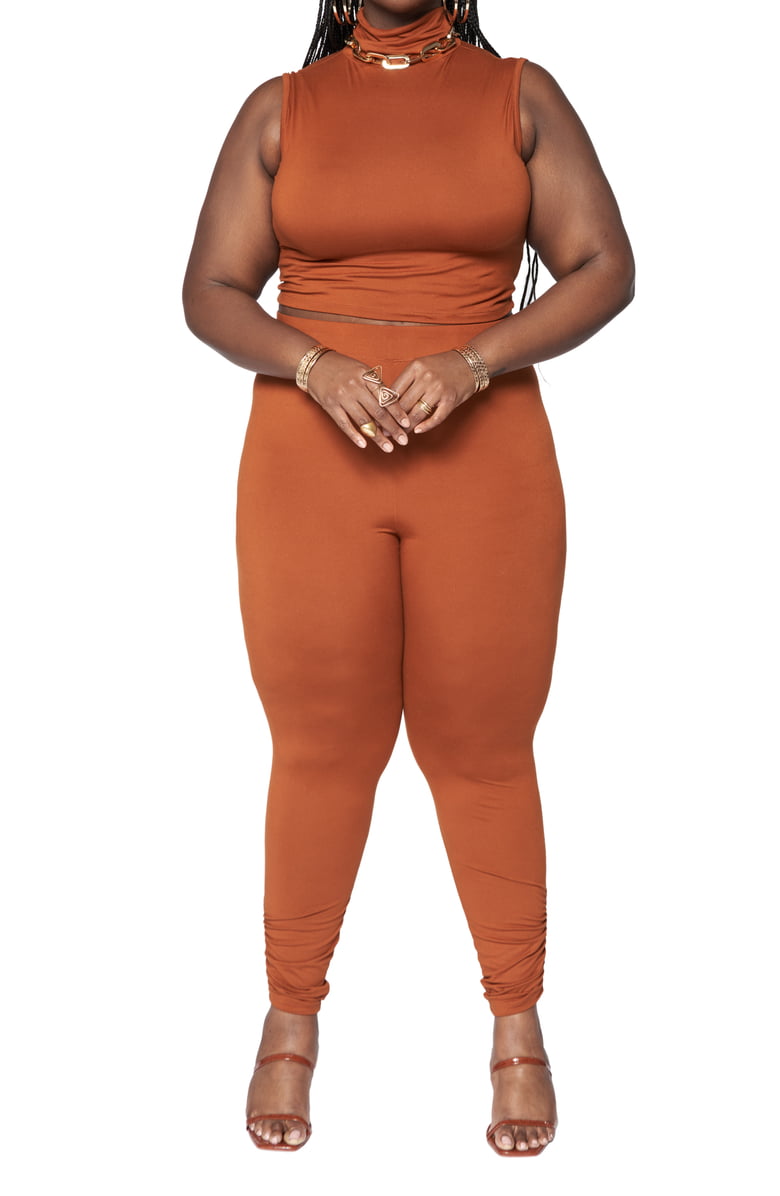
Zelie for She is a size-inclusive line designed and produced in Los Angeles. Take a spin around the brand's e-commerce site to see the full eye-catching range of the collection.
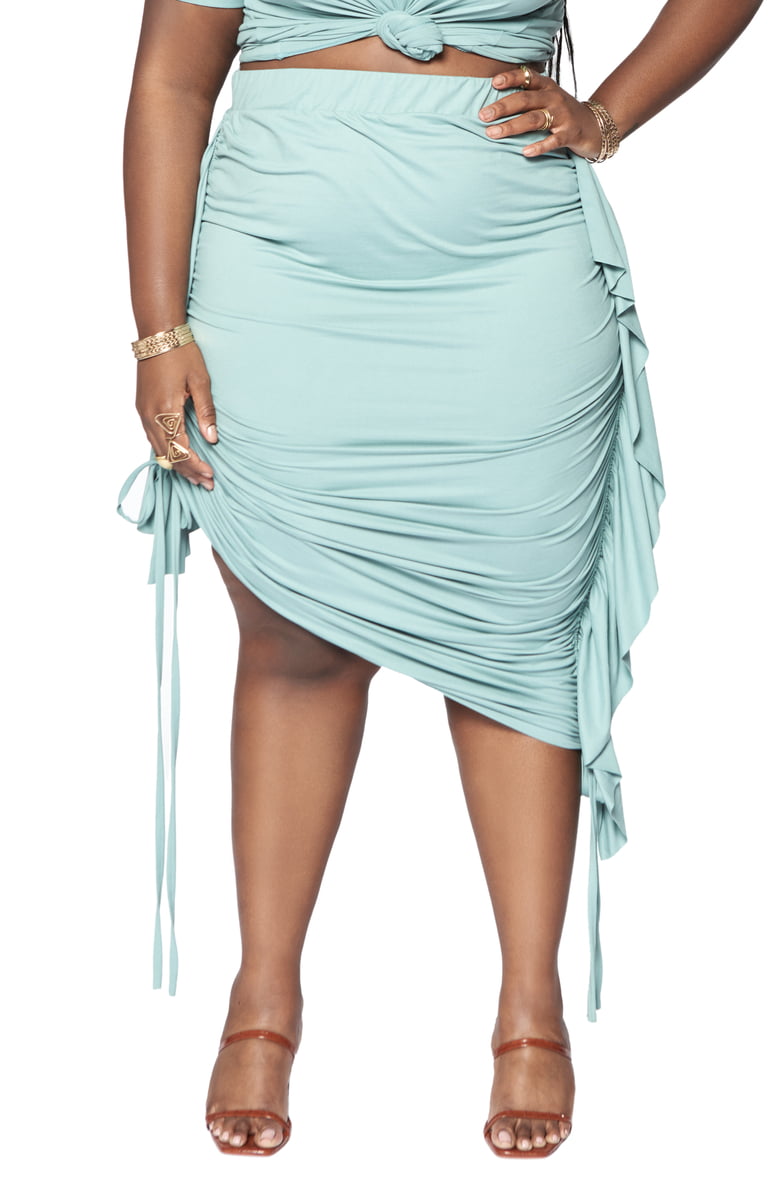
This skirt can be worn as a maxi or midi. You know we love a versatile moment, and ruching is a trend that has yet to slow down.
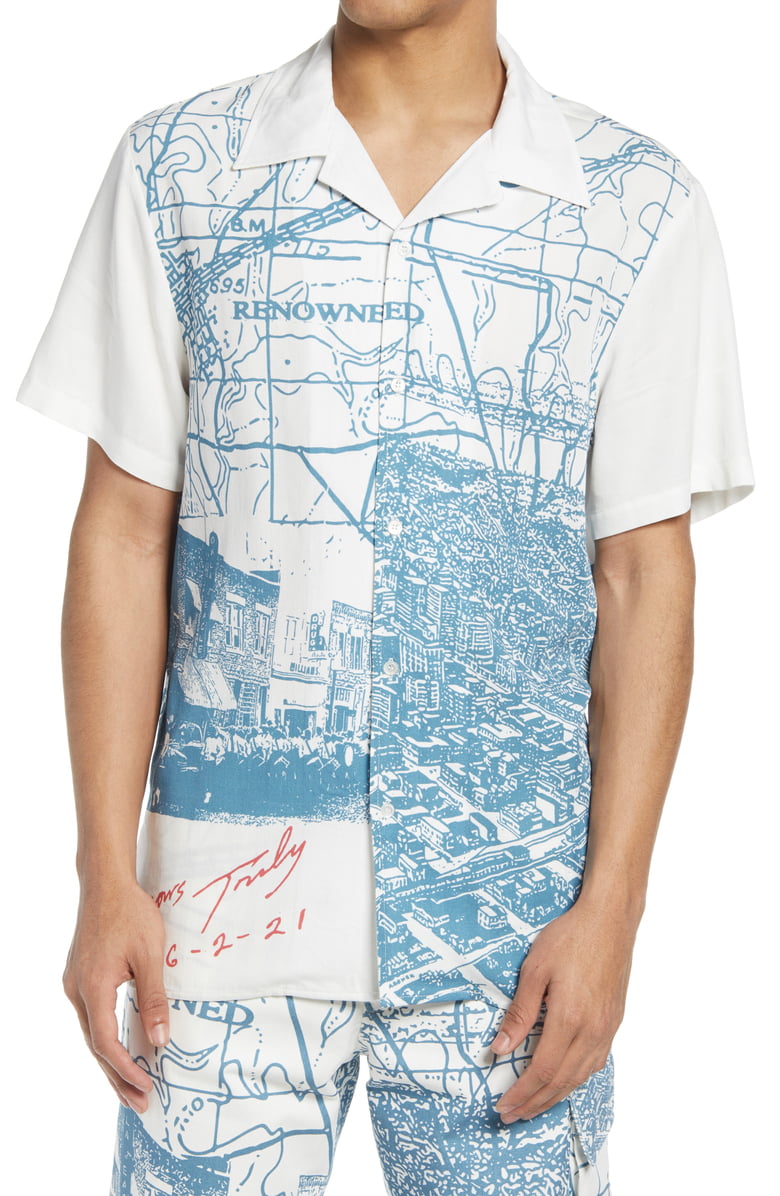
Another L.A.-based brand, Renowned is a menswear line that's centered around the concept of the American dream.
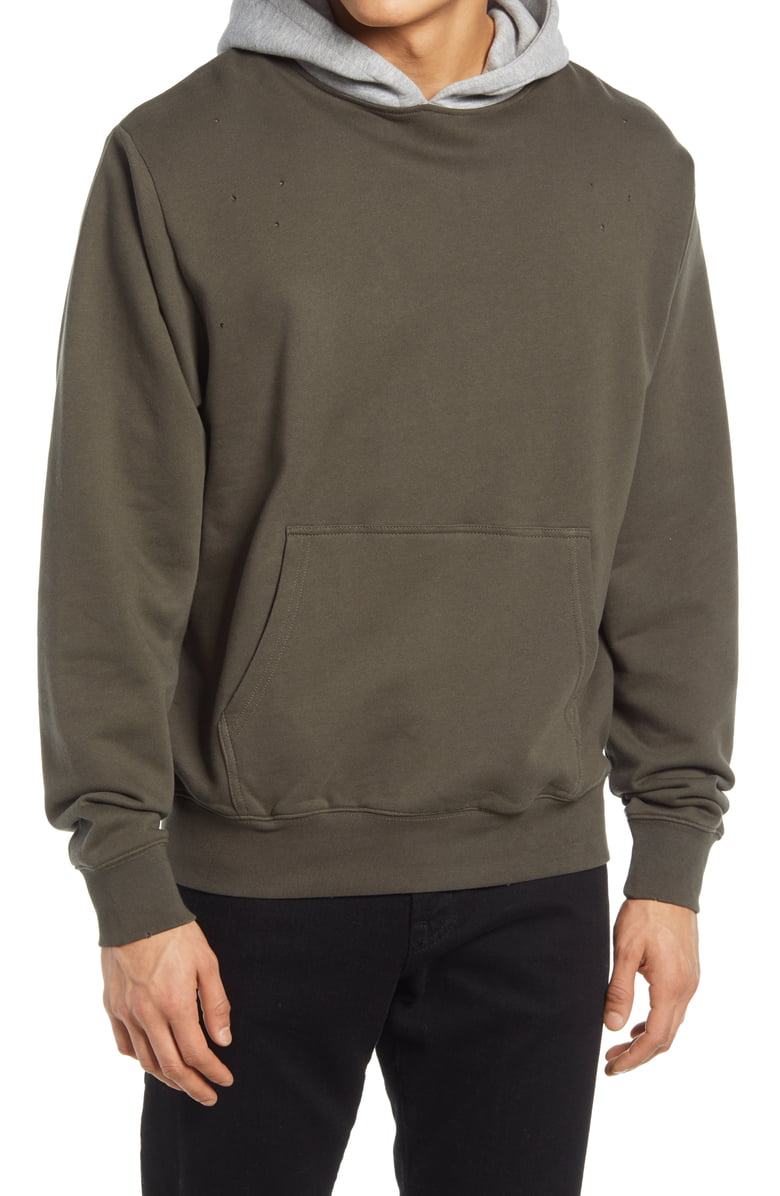
A good hoodie is universal. The contrast colors do it for me.
Next up, check out 11 Black TikTokers to Follow for All Things Fashion and Beauty.
Kat Collings has over 15 years of experience in the editorial fashion space, largely in digital publishing. She currently leads the vision for editorial content at WhoWhatWear.com as the site's editor in chief, having risen through the editorial ranks after joining the company in 2012. Collings is a Digiday Future Leader Awards nominee, was named Buzzfeed's best fashion Instagram accounts of the year, and is a member of the CFDA Awards Fashion Guild. Prior to Who What Wear, Collings worked on styling projects for brands such as Vogue, Teen Vogue, Lucky, and Oliver Peoples. She graduated from UCLA with a BA in communications and calls Los Angeles home.
